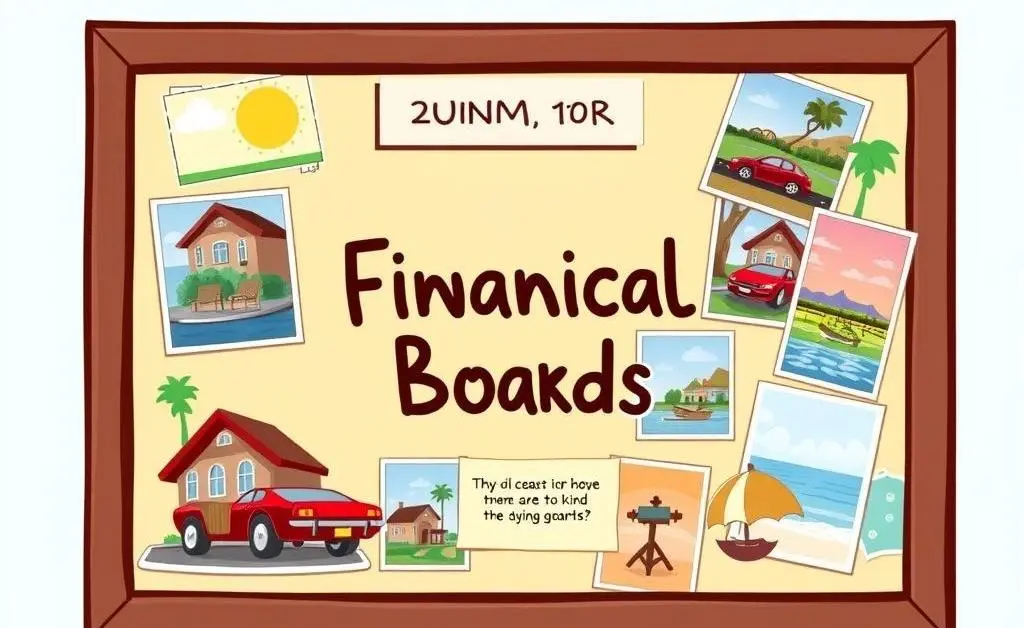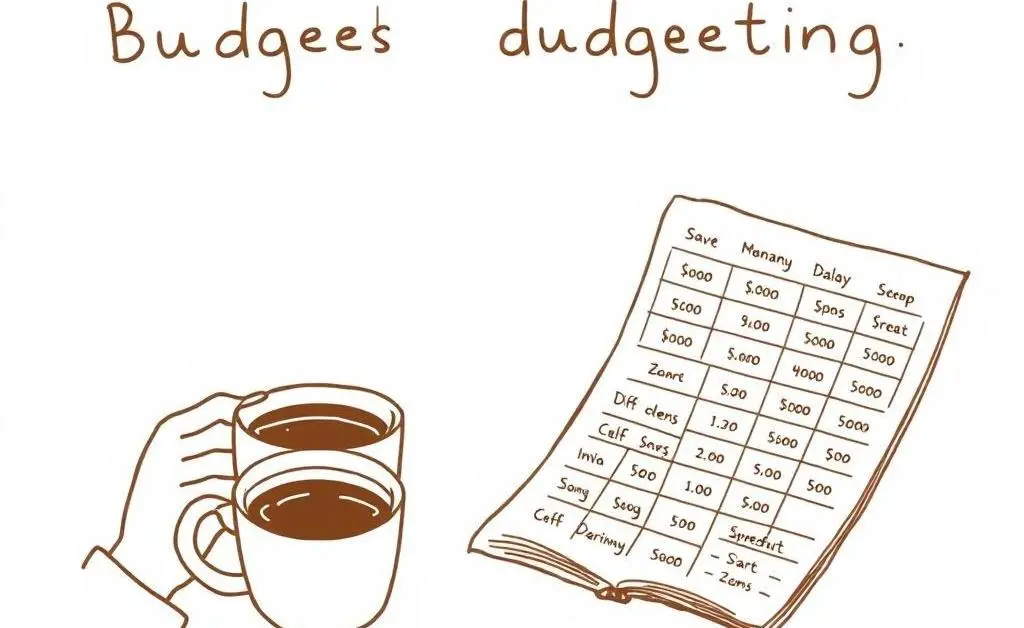Understanding Personal Finance: Avoiding Repeated Mistakes
Break the cycle of financial mistakes with practical, relatable insights.

I've noticed how often we find ourselves circling back to the same old financial questions. It's like we're on a repetitive carousel ride: budgeting, saving, investing — rinse and repeat. And while at first glance, these topics can seem a bit monotonous, digging a little deeper reveals a world of personal lessons and insights. Let's take a moment to bring a fresh, empathetic perspective to tackling our personal finances without feeling overwhelmed.
Why Do We Keep Asking the Same Financial Questions?
Many of us seem caught in a cycle, facing the same financial challenges over and over. There could be various reasons, but often, it's about the difference between knowing what's right and actually doing what's right. Creating a budget feels straightforward enough, but sticking to it while navigating life's uncertainties is quite another story.
Consider this: Have you ever set up a new budget only to abandon it halfway through the month? We've all been there. The truth is, the right financial guidance and tools matter, but so does understanding our own habits and emotional triggers with money.

Building Emotional Awareness Around Spending
A lot of financial advice often overlooks the emotional side of spending and saving. Do you find yourself splurging after a stressful day? Or maybe spending more during joyous times? Recognizing these emotional triggers is a crucial step in breaking repetitive financial patterns.
Try journaling about your purchases. Note how you feel when spending on non-essentials. It’s an enlightening way to reflect and understand the 'why' behind your choices.
Crafting Meaningful Financial Goals
When it comes to personal finance, another pitfall is setting vague or unattainable goals. Goals like "saving more money" don't inspire action. Instead, tailor your goals to what truly matters to you. Do you dream of a cozy home, or maybe a once-in-a-lifetime vacation?

Create a vision board. It's a playful and visually engaging way to keep track of your dreams, motivating you to save more effectively while keeping the end in sight.
Making Budgeting a Gentle Practice
Let’s talk about the 'B' word — budgeting. It doesn't have to be a strict, joyless task. Approach budgeting with a soft touch. Allow for flexibility and create buffer funds for spontaneous plans. Weekly check-ins can also keep you grounded and connected to your financial flow.

Takeaway: Celebrate Small Wins
Breaking the cycle of financial repetition isn't about overnight changes. It’s about small wins and embracing the journey. Celebrate each good decision, whether big or small. Understand your patterns, set realistic goals, and slowly, you'll create a more fulfilling financial story.
Let's keep this conversation alive. What financial successes or challenges have you recently faced? I’d love to hear your stories.




